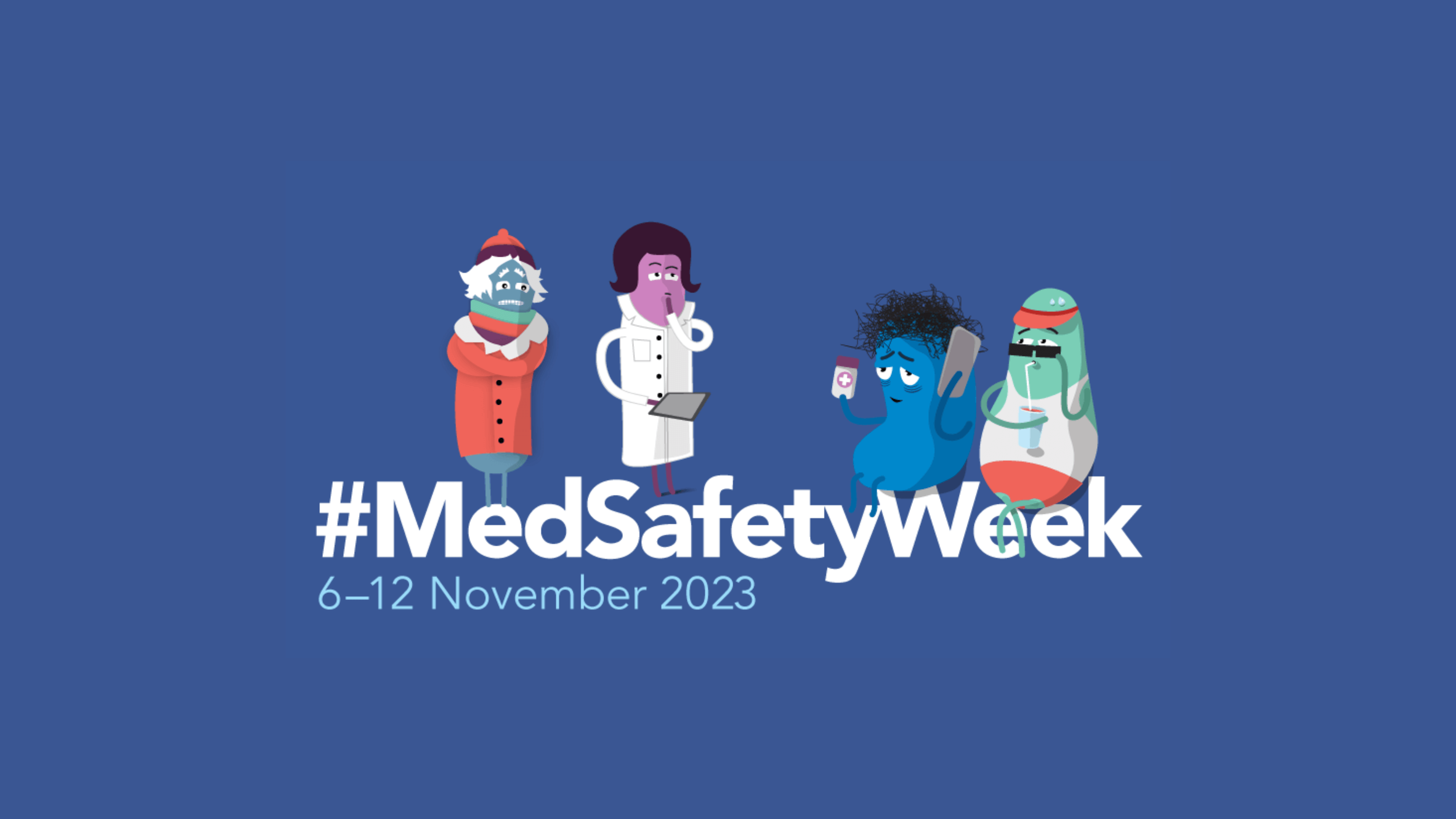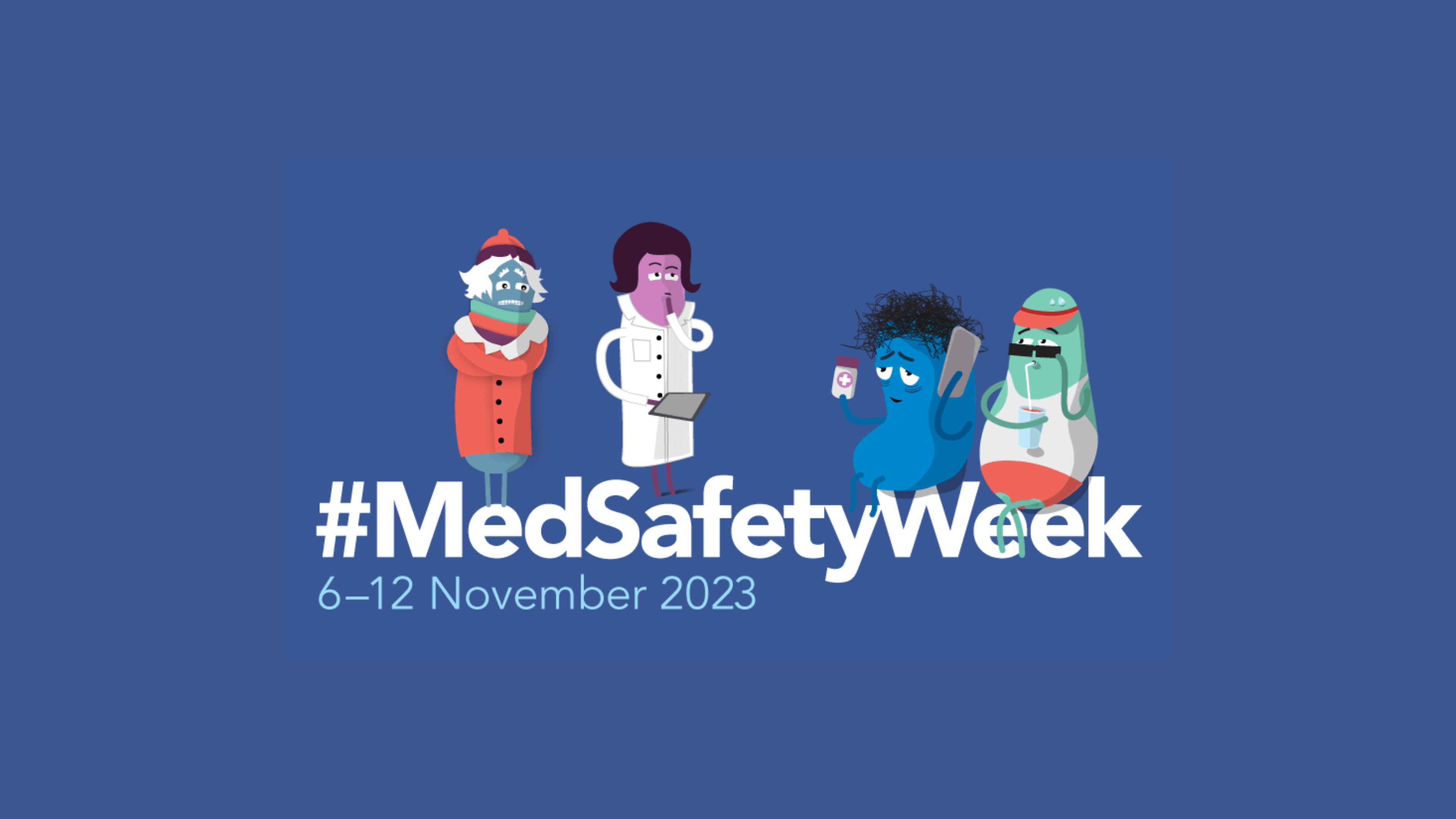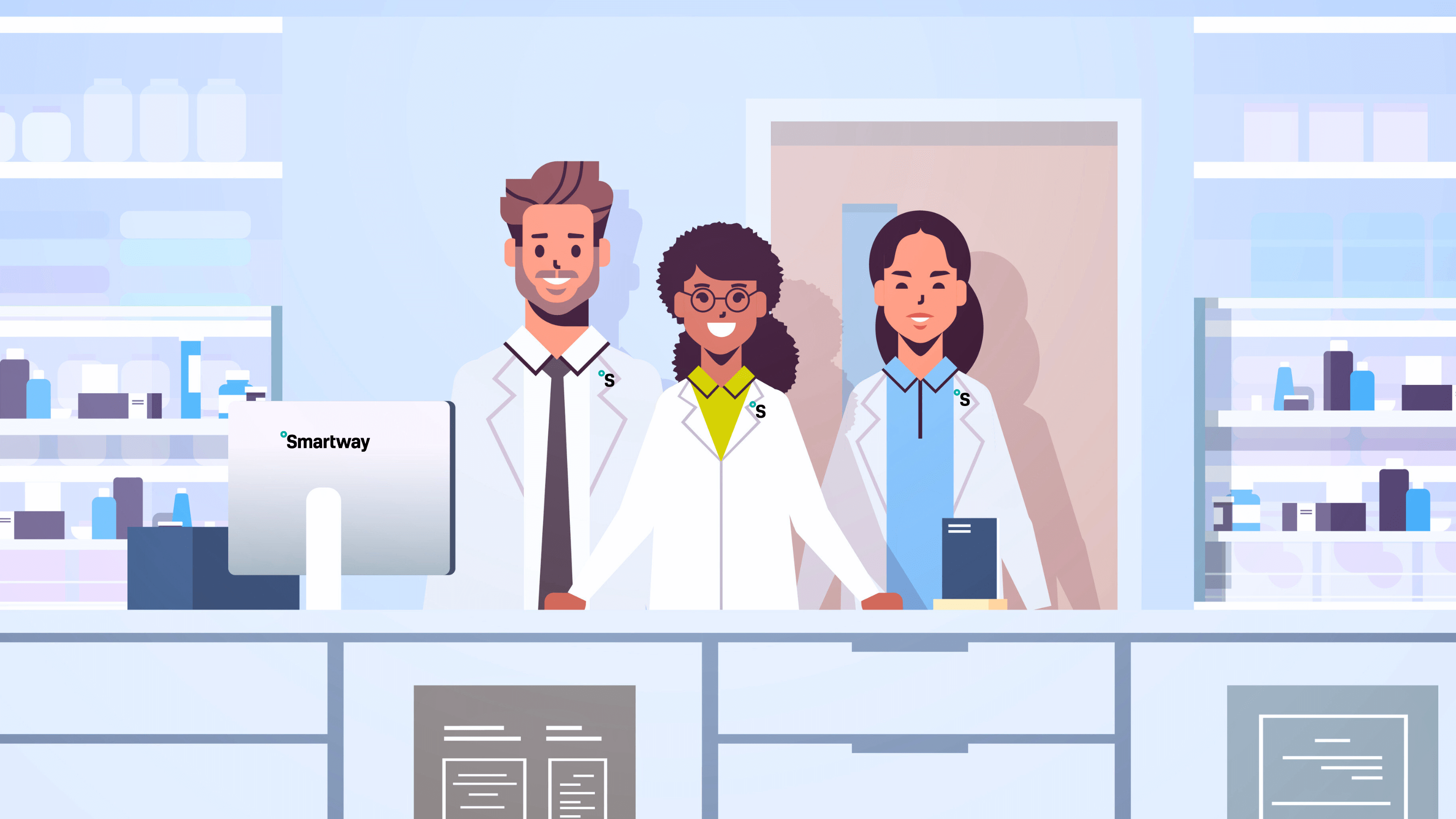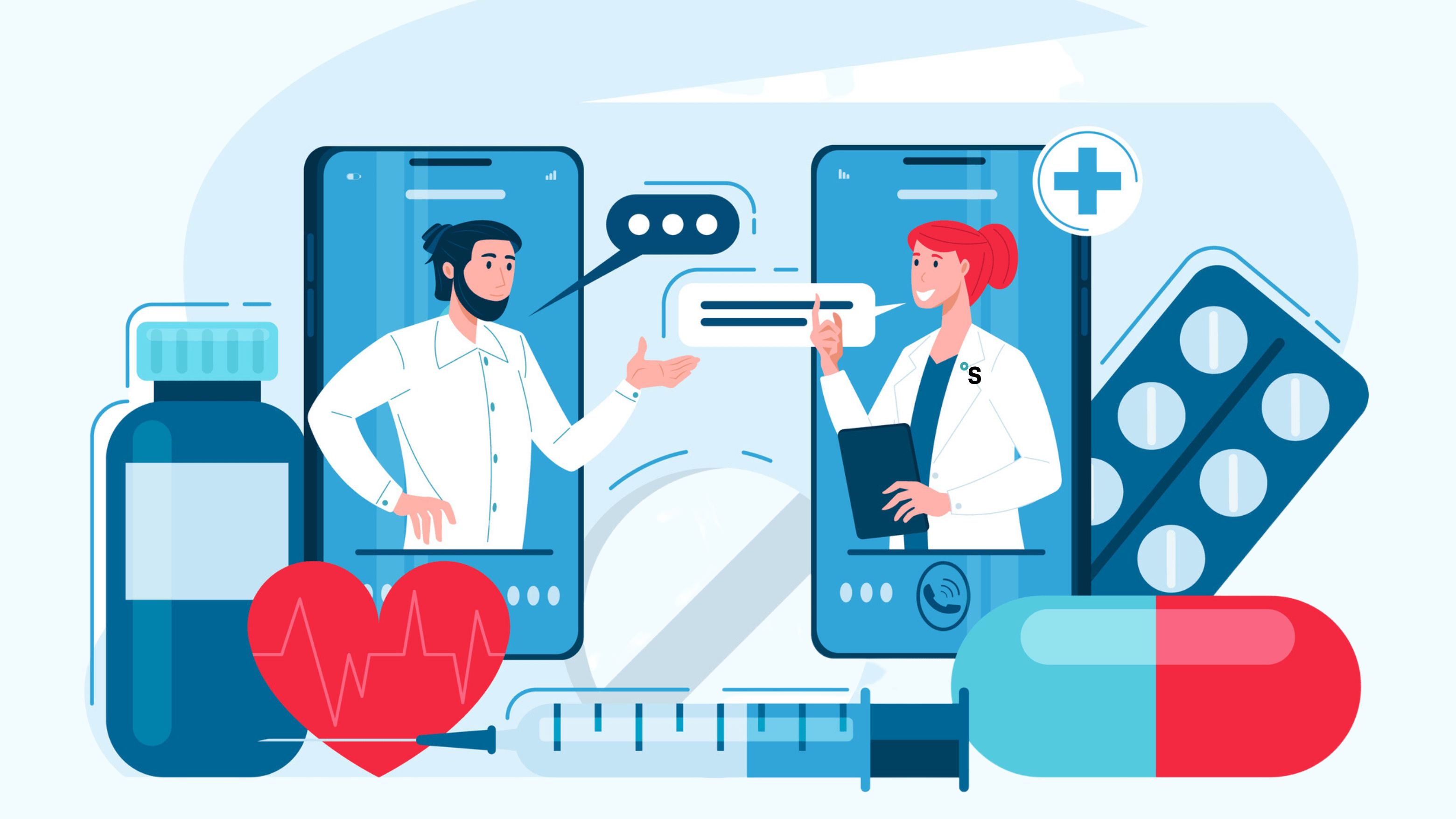Medicines regulators depend on the reporting of adverse drug reactions (ADRs) to ensure the safety of medicines. Unfortunately, however, all reporting systems suffer from underreporting, which may limit regulators’ ability to comprehensively assess medication safety on an ongoing basis.
During Medicines Safety Week, medicine regulators and healthcare authorities from across the globe join together to raise awareness of the importance of reporting ADRs, thereby enhancing patient safety. This year, the theme focuses on who can report suspected side effects of medications. The contributions of healthcare professionals like pharmacists, nurses, and doctors to this monitoring process – known as pharmacovigilance (PV) – is just one source; patients can also contribute to this process as those who are most impacted by side effects. In the UK, the campaign places additional attention to encouraging the reporting of suspected issues with medical devices or other healthcare products through the Medicines and Healthcare products Regulatory Agency (MHRA) Yellow Card scheme.
By reporting side effects, regulators, drugs manufacturers and other healthcare professionals can take action. This can include better awareness of the prevalence of side effects, clearer literature, or a greater understanding of the interaction of different medicines. There are so many reasons how this vital data is used.
Patient safety has always been our top priority. As a supplier of pharmaceuticals, we understand our role in ensuring patients access safe medication. High standards of quality are in our DNA, which we never compromise.
As we celebrate Medicine Safety Week, we highlight how we maintain our high-quality standards and underscore the importance of reporting the adverse side effects of medicines and medical devices. Our core message is this: if you’re a healthcare professional or a patient experiencing side effects, please report them – you will be meaningfully contributing to improving patient safety throughout the globe.
Helping patients access safe medicine
- Safe supply of medicine sourced worldwide
Leveraging our global procurement network, our regulatory and safety team thoroughly evaluates all our suppliers to ensure that our products are exclusively sourced from authorised and trusted companies, including manufacturers. Holding regulatory and government approvals, authorisations, and licenses worldwide, including those granted by the MHRA and the General Pharmaceutical Council (GPhC), we ensure we meet the highest standards - meaning patients receive safe and effective medicines.
Our process incorporates strict measures to select high-quality medicine providers while maintaining a vigilant approach to monitoring and verifying their continued compliance on an ongoing basis. Our laboratories and distribution hubs offer complete traceability for every ingredient used, and from where it came. We carry out regular audits and assessments, including on delivery routes to make sure that they’ve not been compromised when moving through the global supply chain.
- The highest standard of medicine transportation and storage
Transporting and storing medicines in accordance with official processes is of utmost importance to maintain their quality and safety. Medicines that are not transported and stored correctly can either lose efficacy or harbour impurities, which in turn can result in adverse effects for patients. Our medicines are safely transported, adhering to the standards in the Principles of Good Distribution Practice (GDP) to ensure quality isn't compromised on their journey, and medicine side effects aren't a result of poorly distributed or stored products.
Our regulatory team approves transport companies with written agreements in place and conducts all necessary audits to ensure we have adequate assurance about the quality and safety of the transportation process. Placing a strong emphasis on medicine transportation includes regular checks on transport conditions upon arrival and vigilant inspections to detect and prevent the presence of falsified medicines. They are also responsible for approving route validations and completing route risk assessments to ensure outgoing transport is sufficient.
- Supporting employee competency and accountability
Ensuring our employees complete regular training and competency testing and possess the ability to promptly report potential issues to our quality team by using our electronic systems, is an important aspect of our operational framework.
This commitment is essential for maintaining a proactive and vigilant approach to quality control and safety within our organisation. It enhances our employees' proficiency and allows us to swiftly address and resolve any concerns, contributing to the overall excellence of our operations.
Ensuring the highest standard in every aspect of medicine handling reflects our unwavering dedication to safeguarding the quality and safety of the medications we supply. Recognising that this is a shared responsibility among all team members fosters a culture of accountability and continuous improvement. - Nicole Lyons, Head of Regulatory Affairs
The importance of reporting medicine side effects
While ensuring that we exclusively work with high-quality medicines and adhere to the best standards in their handling, some patients experience unwanted side effects during treatment. Studies indicate that approximately 5% of hospital admissions result from side effects, nearly 50% of which could be preventable.
Reporting side effects is essential for maintaining the best drug monitoring practices and preventing a larger number of patients from being at risk. The figure below, provided by the Uppsala Monitoring Centre (UMP), illustrates the PC cycle and explains the positive impact that can result from reporting.
These reports are a vital source of information for regulators and scientists to identify emerging safety issues. By reporting suspected side effects, we can all contribute to the safer use of medicines. – Uppsala Monitoring Centre
Smartway Pharmacy, our online pharmacy dedicated to dispensing private prescriptions, maintains daily communication with patients. As the most accessible healthcare professionals to patients, our pharmacists guide patients in cases of illness, fear, or confusion, sometimes caused by unexpected side effects. When appropriate, they report negative side effects using the MHRA Yellow Card Scheme, the site that is encouraged to be used by healthcare professionals as well as patients.
Supporting incentives to report quality issues and medicine side effects spreads throughout our whole organisation, as the highest level of safety is essential to ensure patient well-being. As a pharmaceutical distributor, we consistently encourage our customers to report these in accordance with official processes. Our Responsible Persons are available 24/7 to promptly address, investigate, and report quality issues.
Embracing Medicine Safety Week, we renew our commitment to encouraging everyone to participate in upholding the highest standards of medication safety and reporting any adverse side effects they may encounter. If you are a healthcare professional or a patient, please report using the MHRA Yellow Card Scheme site.
References:
- Good manufacturing practice and good distribution practice. (GOV.UK., 2020 December 27) (https://www.gov.uk/guidance/good-manufacturing-practice-and-good-distribution-practice)
- Medicines and Healthcare products Regulatory Agency (GOV.UK., 2023 November 6) (https://www.gov.uk/government/organisations/medicines-and-healthcare-products-regulatory-agency)
- #MedSafetyWeek 2023 (Medicines & Healthcare products Regulatory Agency, 2023) (https://yellowcard.mhra.gov.uk/MedSafetyWeek)
- Raising pharmacovigilance awareness on social media (Uppsala Monitoring Centre, 2023 September 19) (https://who-umc.org/pharmacovigilance-communications/medsafetyweek/)
- Uppsala Monitoring Centre PV Cycle (https://who-umc.org/about-the-who-programme-for-international-drug-monitoring/pv-cycle/)
- Welcome to the Yellow Card reporting site (Medicines & Healthcare products Regulatory Agency) (https://yellowcard.mhra.gov.uk/)







